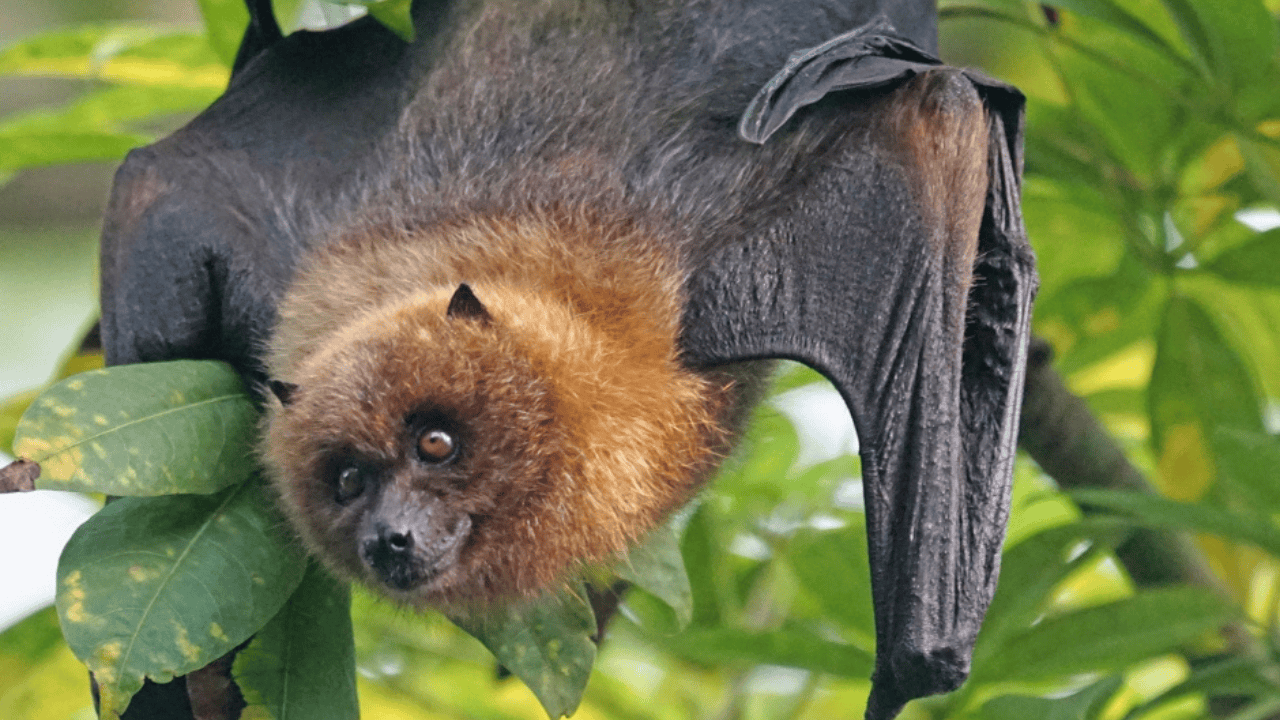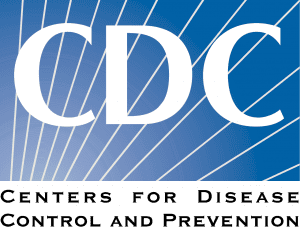World Zoonoses Day is observed every July 6 to raise awareness of diseases that originate in vertebrate animals that can be transmitted to humans, often with serious health-related issues. A Centers for Disease Control (CDC) study found that 60 percent of all existing infectious diseases are zoonotic, and at least 70 percent of emerging infectious diseases originate in animals. Many different pathogens can cause zoonoses, including bacteria, parasites, viruses, fungi, and prions.
“Because there are so many modes of transmission and different pathogens, combating these diseases takes great collaboration,” says Dr. Daniel Griffin, co-founder and president of Parasites Without Borders. “There are many factors to consider. This is why the World Health Organization (WHO) introduced the One Health initiative. It is an integrated approach, bringing together global public health, veterinary, and environmental sectors to address these issues, construct strategies to attack the root causes, and develop long-term plans, best practices, and goals.”
World Zoonoses Day is observed on July 6, commemorating the day in 1885 when French biologist Louis Pasteur successfully administered the first rabies vaccine to a small boy bitten by a rabid dog. Some zoonoses, like Ebola, spread from animal to human and continue to spread from human to human, causing sporadic outbreaks. Other diseases spread to humans and then mutate to where they only affect humans, as is the case for HIV and COVID-19. Other examples of well-known zoonotic diseases are Avian influenza, the West Nile Virus, ringworm, and Creutzfeldt-Jakob disease, also known as mad cow disease. A group of diseases designated as neglected parasitic zoonoses (NPZ) by the WHO include trichinellosis, echinococcosis, cysticercosis, and foodborne trematode infections. These parasitic infections have earned a distinct designation as they continue to place significant burdens on some populations around the world, especially those living in poverty and with restricted access to clean drinking water and efficient waste removal.
Humans can reduce their risk of infection by staying up to date on vaccinations, protecting themselves and their pets from bug bites, wearing gloves when handling wild animals, following safe food preparation practices, and avoiding contact with infected body fluids and situations where an animal bite or scratch could occur. It is also vital that medical practitioners and educators receive education to help prevent, diagnose, and treat these diseases.
“Part of this multi-pronged approach is education,” explains Dr. Griffin. “That’s why Parasites Without Borders strives to provide every medical professional, clinician, and educator with free resources that contain accurate, scientific, and up-to-date research. Our textbook, Parasitic Disease: Seventh Edition, has already been sent to over 118 countries. We hope that when the Eight Edition is released, we can provide it to even more who need it.”
Situation Dashboards

World Health Organization (WHO)

Johns Hopkins University (JHU)

COVID-19 in US and Canada






